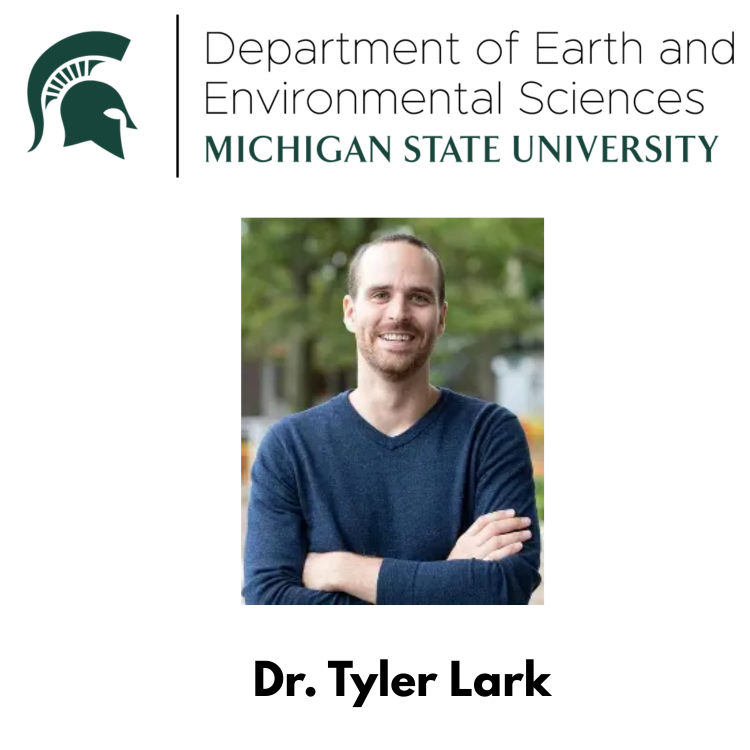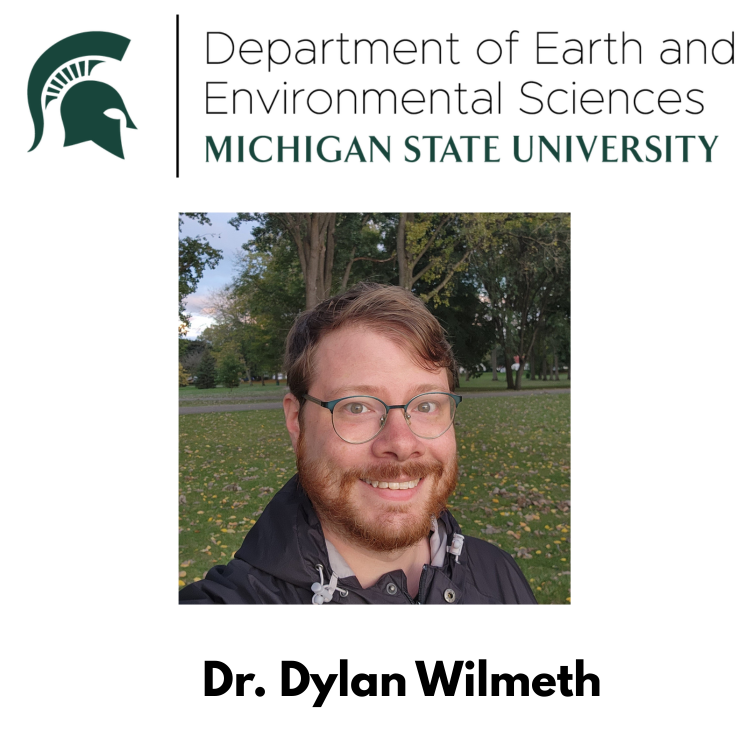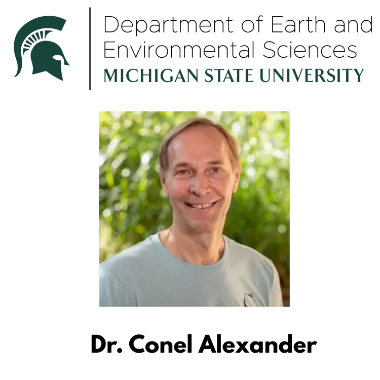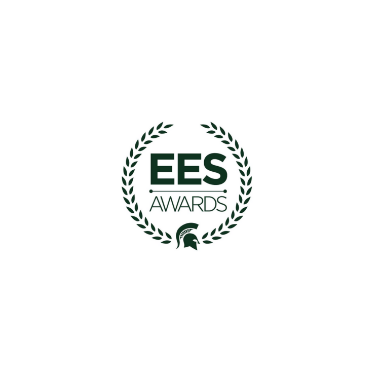EES Student Spotlight: Graduate Student Jacob Stid
Jacob Stid is a PhD student that works with the Hydrogeology lab. He studies regenerative land use opportunities for renewable energy to provide food, energy, water, ecological, and economic security.
Jake was first drawn to this department because of the impactful work that EES produces. What solidified the decision thought, was the immensely fun, inviting, and interesting symposium visit prior to deciding on where to go. “Interactions with both the faculty and the students were stellar, and many of whom I still see regularly. This is a department full of awesome people doing awesome things.”
Jake works on an NSF grant regarding Innovations at the Nexus of Food, Energy and Water Systems. As the title suggests, the project seeks to find sustainable pathways for agricultural production through improvements in irrigation and energy production and use systems. “My research is on agricultural and solar PV co-location (agrisolar co-location), and how farmland owners who install solar enhance food, water, and economic security while contributing to climate change mitigation through a net-zero emissions energy landscape. I primarily perform data acquisition, analysis, and write up for the project, but I also contribute to exploratory project topics for future work. I also have the opportunity to sit in on and contribute to project meetings, papers, presentations, and writing for future grants and proposals.”
When asked what his favorite part of being here in EES is, Jake indicated that it is the sense of community: “I cannot emphasize enough the value of the community here. There are many thrilling components of graduate school, but also many stressful periods as well. Having a network to lean on for academic and personal discussion is essential during those periods. There are so many opportunities provided by this department, and the broader EES community, outside of the traditional graduate student experience. Internships, small and large grants, collaborations, networking, conferences, and many other events will become available throughout your time here. While it is impossible to do everything (despite wanting to), I would encourage new students to take advantage of these as often as you can. There is a flexibility in graduate school and this department that allows you to try, learn, and do new things, and I don’t believe that exists in most external career paths.”
Jake has many hobbies and interests outside of science, but one that is uniquely connected to his work and that he loves sharing is making mead! Mead is essentially wine fermented with honey instead of grapes and is arguably the oldest fermented beverage in the world dating back (at least) 9,000 years to a Neolithic Village in Northern China. Interestingly, mead is also an incredibly sustainable form of alcohol, promoting pollinator abundance and conservation through honey production and significantly reduced land use and embodied water required for production of traditional ethanol-based beverages. Jake and his wife Karey brew mead at home, and love trying new flavor and honey variety combinations.



